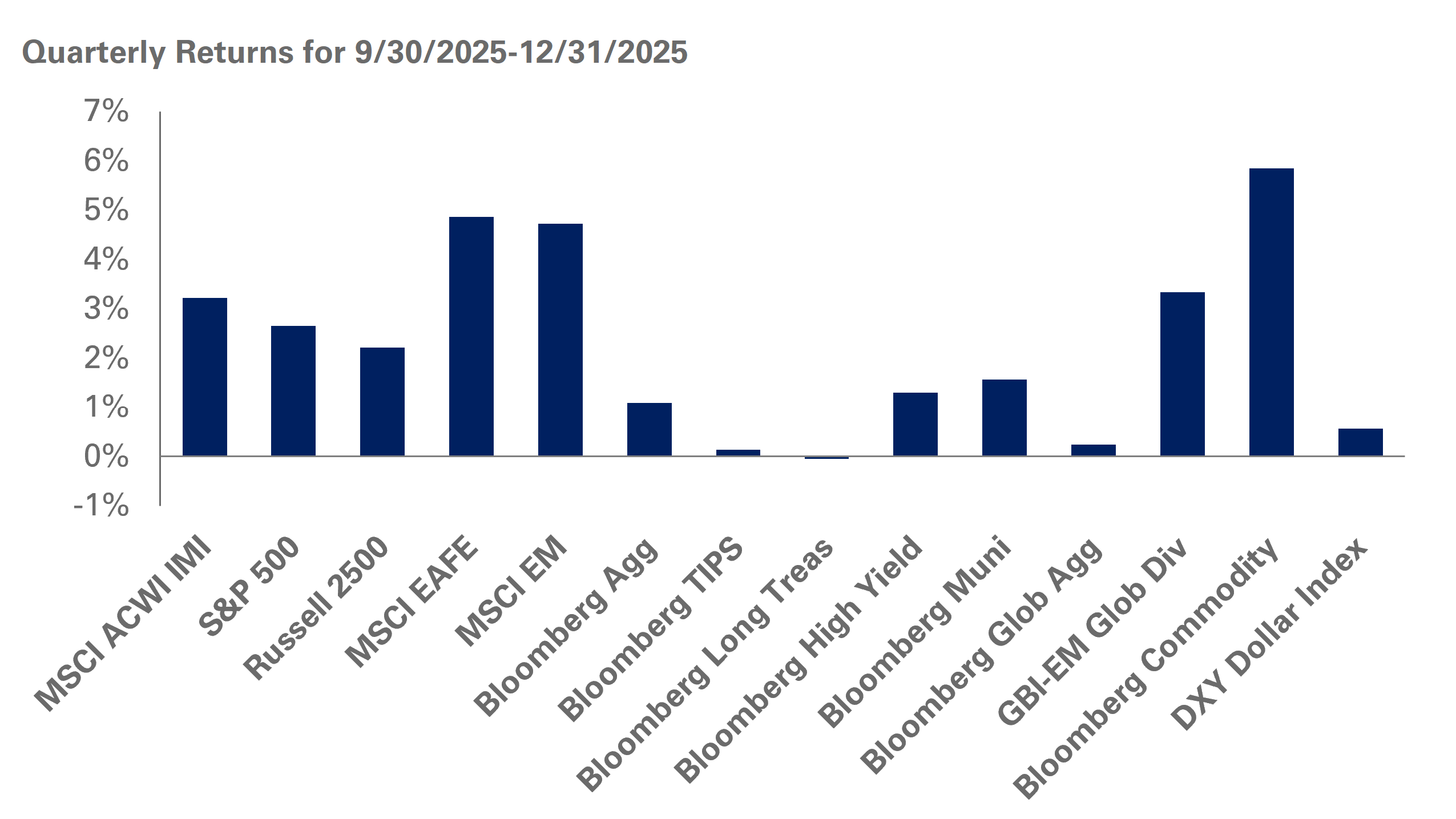These notes are based on our Elevate Your Healthcare Innovation with Venture Capital Partnerships webinar. In it, NEPC Partner Paul Kenney and Senior Research Consultant Josh Beers talk with Jan Garfinkle, Founder of Arboretum Ventures, about how venture capital partnerships can help health organizations capitalize on their medical expertise.
Major health systems are often drawn to venture capital (VC) investments, and for good reason. Healthcare systems can have the expertise to identify effective new products and a built-in market for using them. What they might be underestimating, though, is the risk involved or the managerial commitment required to drive success in venture companies.
In a recent webinar, we examined the challenges and opportunities of VC fund investments, looking for the keys that help drive successful outcomes. Our main takeaway: majority of health systems who wish to make VC investments are better off not going it alone.
ONLY THE BEST WILL DO
In the healthcare space, venture capital investments are attractive because they can greatly contribute to a health system’s mission. They can be a powerful source of clinical innovation, which may improve patient outcomes. Successful ventures also enhance the bottom line and provide health systems more resources for additional innovations or operational improvements.
But these successes are surprisingly hard to achieve. As Senior Research Consultant Josh Beers notes, only the top quartile of VC funds produces significant returns, according to data from Thomson One. And a significant return should be the goal because the potential risk in VC investments is high. Additional data from CB Insights indicate that a third of corporate venture capital investments become zombies – creating a financial and administrative drag on the organization.
In other words, to make a VC investment worth the time, money, cost and risk involved, you need the best chance of achieving a top-quartile outcome. That’s why NEPC recommends partnering with an experienced venture capital general partner to capitalize on the potential of these investments.
HOW CAN VC GENERAL PARTNERS IMPROVE THE RISK/REWARD EQUATION?
Jan Garfinkle, Founder of Arboretum Ventures, explains that there are many challenges in venture capital that are not always visible on the surface. Beyond market risk or the risk of company failure, investors need to be aware of:
- Potential regulatory obligations, particularly if you bring in any additional investors
- Managing conflicts of interest between the needs of the health system and the needs of the investment
- Proper FASB accounting rules, particularly if your health system owns 20% or more of a company
- The responsibilities and legal requirements of placing a board member with the target company
- The ongoing need to provide funding as the business develops
Venture capital general partners can anticipate and manage the legal, accounting and regulatory risks. In addition, they also provide an essential network of resources:
- Consultants to help company leaders make better decisions and drive toward maximum valuation
- Executive searches to help firms find and hire needed skills
- Connections to talents and technologies that can help a firm scale up
- Investors that can bring in additional capital
- Introduce company management to potential strategic acquirers and bankers for going public
Not incidentally, VC general partners help health systems make better investment decisions to start with. While healthcare systems are typically strong at identifying a promising product or therapy, the VC partner can unearth risks that may lurk within company management or in the competitive environment.
PARTNERSHIP IS THE PATH
Many healthcare systems pursue venture capital in-house. That said, NEPC research strongly suggests that leveraging the experience of a venture capital general partner is the best way for most health systems to manage their risk and maximize their return potential. Venture capital firms earn their fees by evaluating management, assessing the business model and competition, and clearly defining the potential risks involved. They also shield you from significant regulatory and operational demands that may be required as an investor.
Importantly, VCs can also envision the path that will lead to a meaningful return on the investment. They can tap their network of talent and their relationships with potential future buyers to help keep firms on the path to success.
Find out more about how NEPC views VC partnerships by watching our recent webinar, Elevate your Healthcare Innovation with Venture Capital Partnerships.



